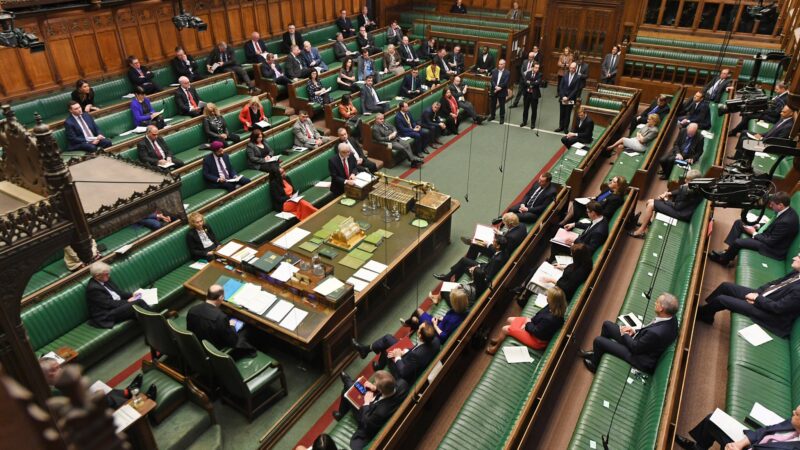
Ask Labour members why the party has lost four successive general elections and a wide range of views will be offered. A hostile media. Internal division. First-past-the-post. Tony Blair. Jeremy Corbyn. “We won the argument.” There is one fundamental that is almost always overlooked, which is this: Labour is an institution that is bad at learning from its mistakes.
This condition is not unique to the Labour Party. In Black Box Thinking, former Olympic medallist Matthew Syed explores the lengths that we go to programme ourselves into preventing learning from failure. The experience of a mistake is feared, not seen as a moment for learning. The aviation industry’s approach (hence the Black Box in the title) is offered as a guide for us all. Disincentivise causes for masking failure as something else; be honest about mistakes using the evidence available; and rigorously employ measures to avoid repeating past mistakes.
This is the mindset that must be adopted by Labour’s new frontbench as the new leadership team gets up and running. There is a lot of experience of failure to draw on. Below I offer some learnings based on past experiences – as someone who was a political advisor in the Labour Party during the 2010-2015 parliament – on forming an opposition.
1. Park policy.
‘Policy’ is a pre-occupation of Labour members. ‘Totemic policies’ are a barometer of where you sit on the left-wing axis – see Universal Basic Income. For Labour members, policies matter much more than is the case for the group comprising ‘left-wing voters’, almost a quarter of whom voted Tory in 2019, as Christabel Cooper explains here. Policy for the next manifesto is not the priority for the new frontbench.
2. Competence first.
Much more of a priority is detoxifying Labour’s brand. As YouGov’s Chris Curtis illustrates, on almost all measures on which political parties are judged ahead of a general election, Labour’s ratings are negative. We are seeing evidence of a shift in perceptions of Labour’s leadership. But in order to turn the page in the minds of voters, Labour’s frontbench team – not just the leader – will have to show that it is competent again.
3. Command the House.
That starts by exposing government incompetence and demonstrating that you can master your brief. The House of Commons – when it returns – provides the most accessible platform in which to do this. Get it right, and media coverage will follow. This will be critical to shaping the political narrative as we enter the ‘Inquiry Phase’ of the government’s response to Covid-19.
4. Know where the public is – not where members want it to be.
On both the politics and your policy areas, know where the public is. Attend focus groups in marginals. Don’t lose sight of the fact that Labour needs to win an additional 124 seats, as Dylan Spielman brilliantly explains here.
5. Agree to disagree, and move on.
Where there are disagreements that are not political priorities, agree to disagree with your colleagues, focus on the bigger picture and move on. I think back on disagreements that occupied time and energy at shadow cabinet level in the 2010-2015 period and despair at the futility of some of the behaviour of politicians and advisors, my own included.
6. Aim for May.
A general election campaign seems a very long way off. How to sustain the pace between now and the next general election? Focus on the first important electoral milestone: May elections 2021. It is then that Labour’s new team will be faced with the first electoral test of this era. Prioritise capacity and resources towards that staging-post – and build in a break afterwards.
7. Have a campaign mindset, always.
Being in opposition should mean being in a constant mindset of political campaigning. Be competent in shadowing your opposite number in parliament. And in the country, play your part in supporting local parties where we need to win. Schedule visits to the seats that will be the battlegrounds at the next election for no other reason than to show members that you are on their side, in deeds and in words.




More from LabourList
New intake Labour MPs: ‘Why we set up the Living Standards Coalition’
Andrew Pakes MP: ‘We need blue-collar Labour, not Blue Labour’
LabourList readers reveal their highs and lows of Labour’s first year